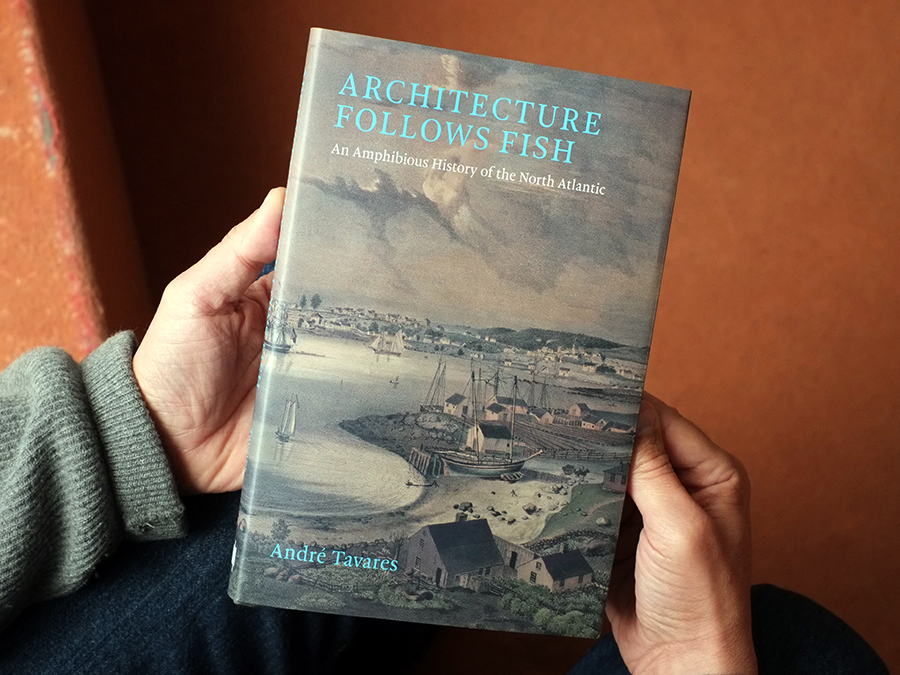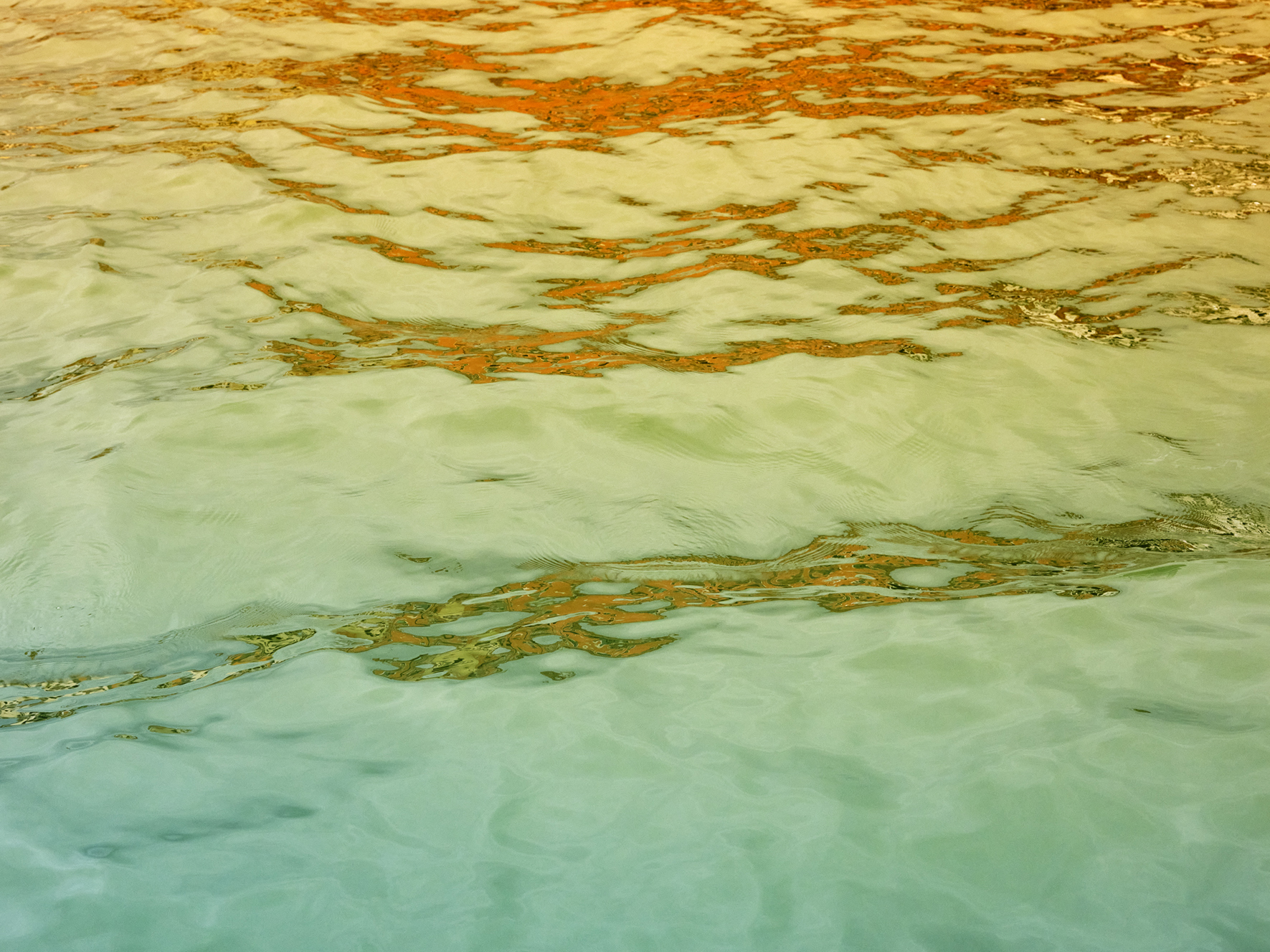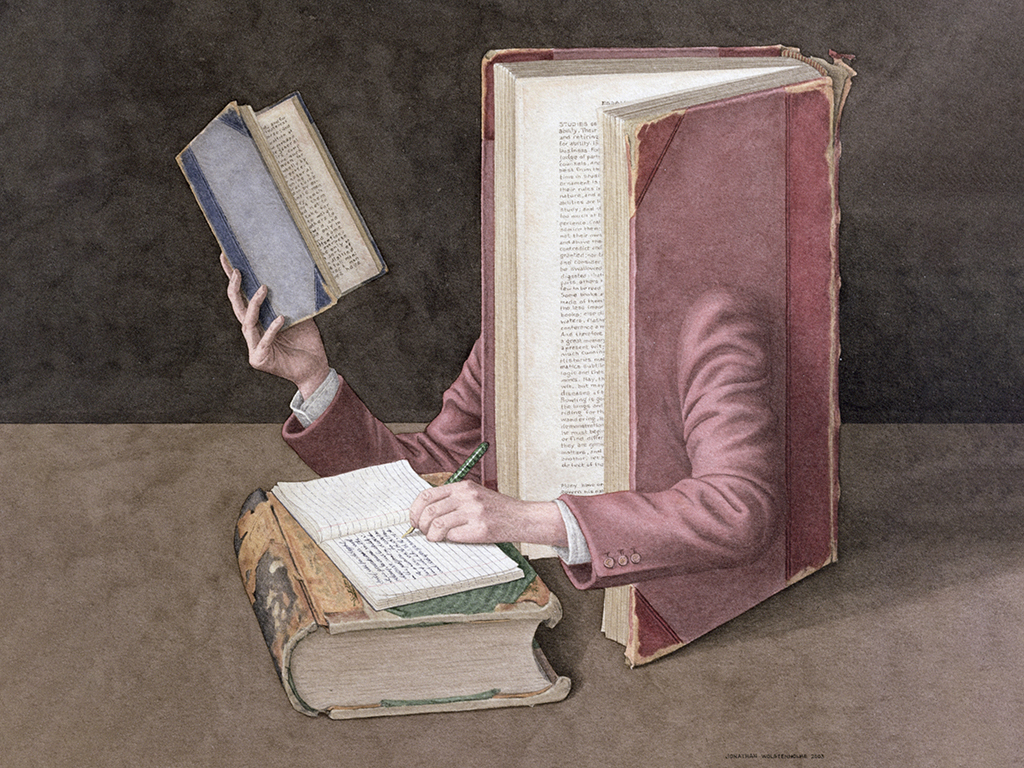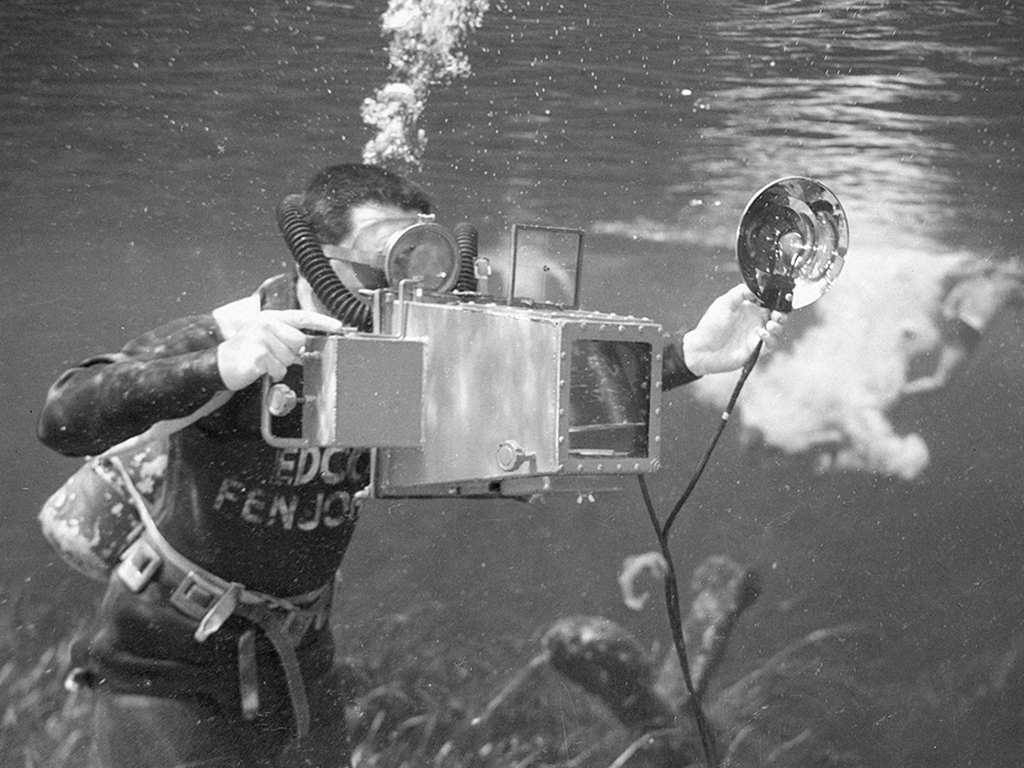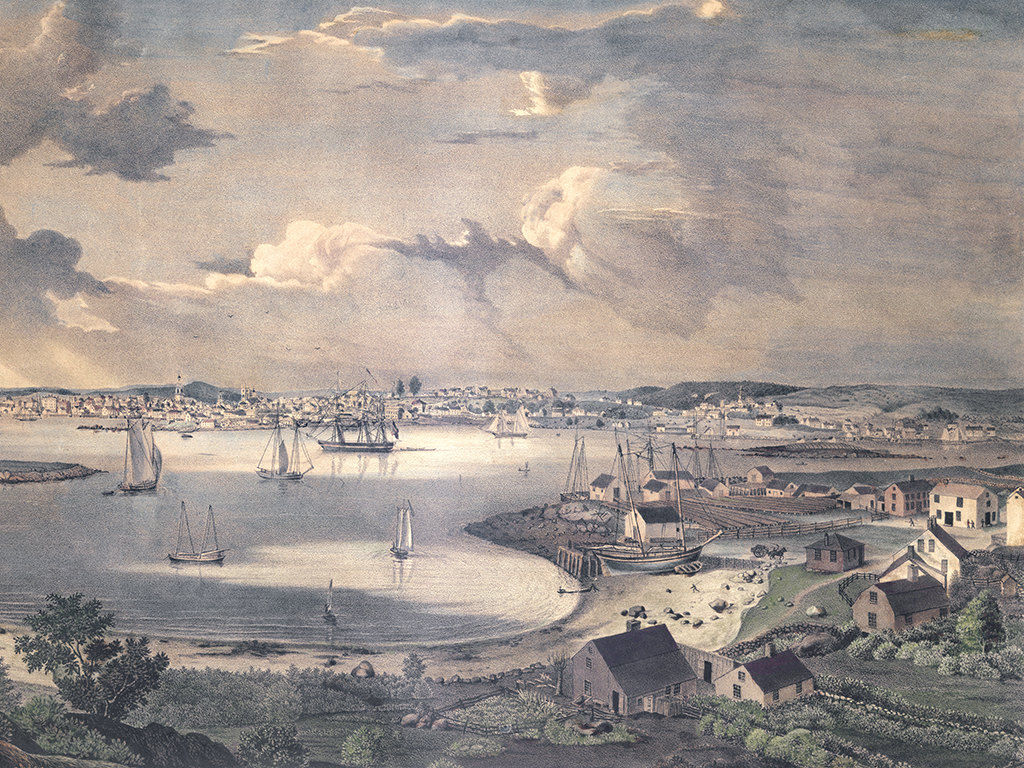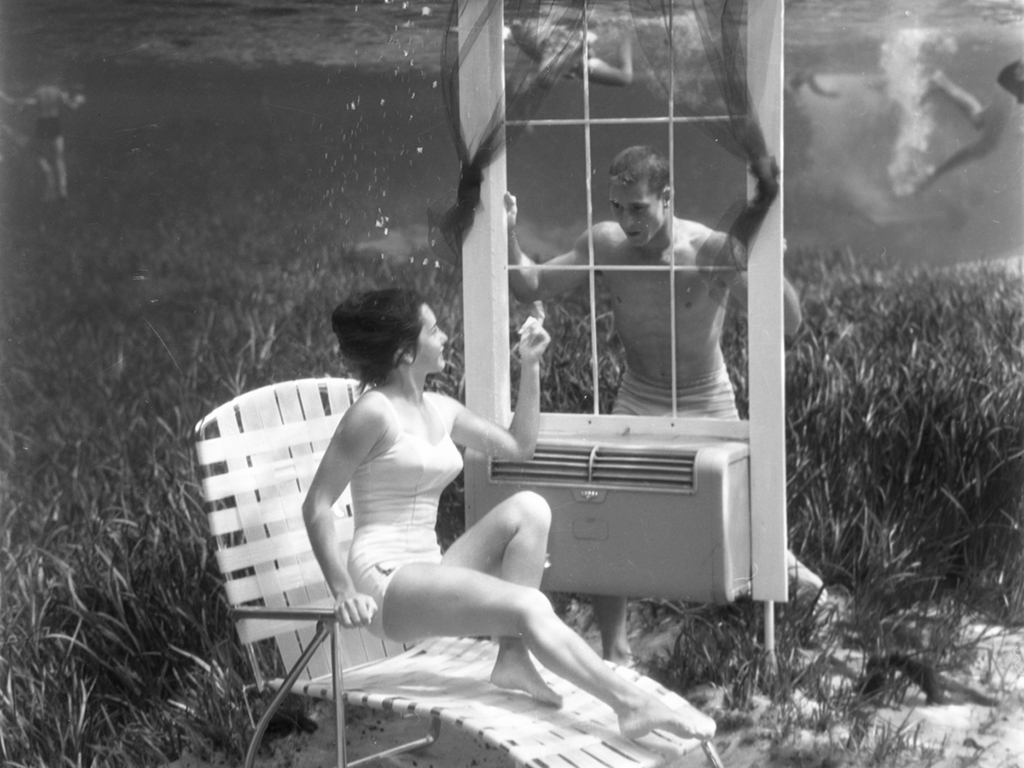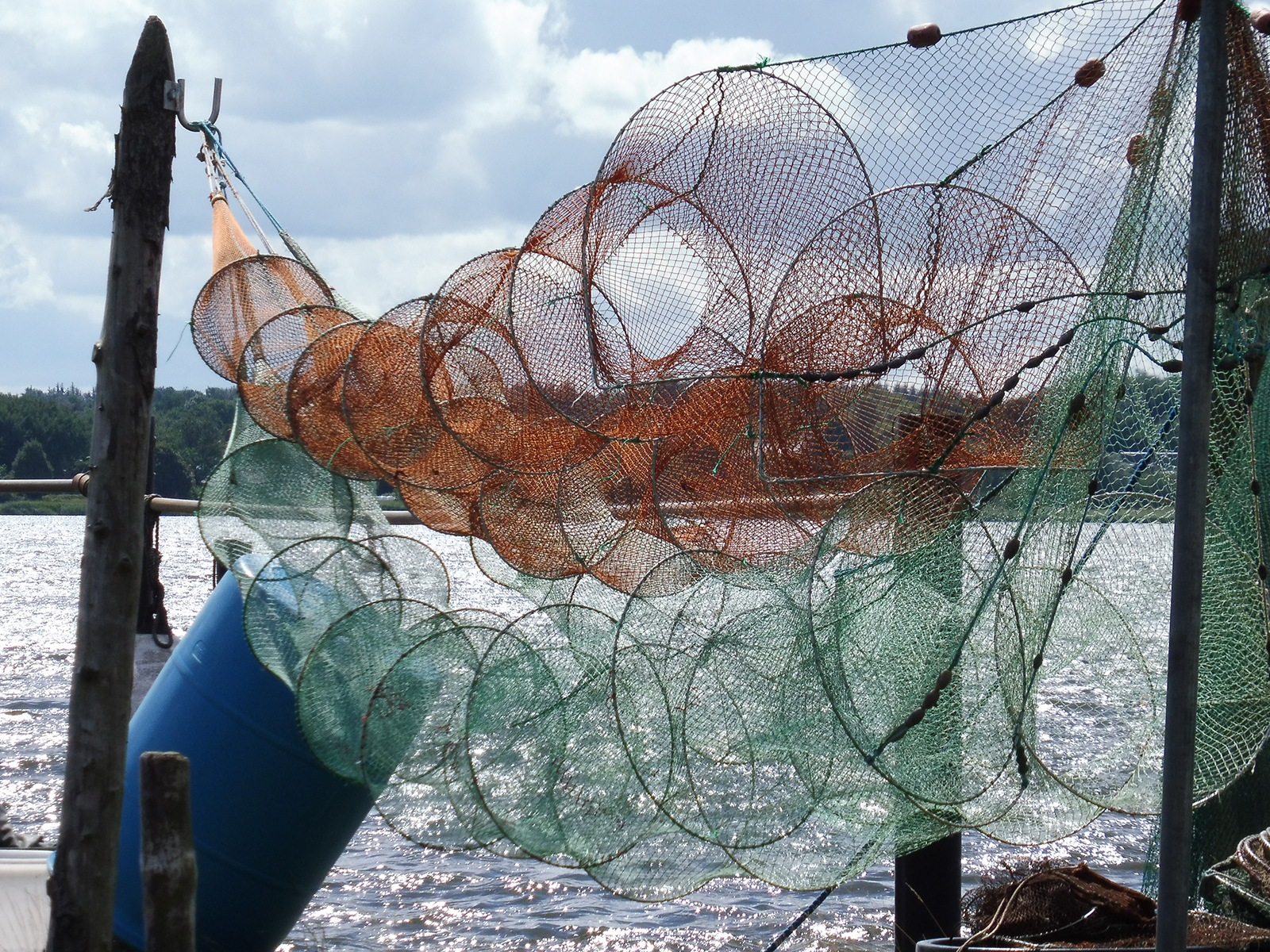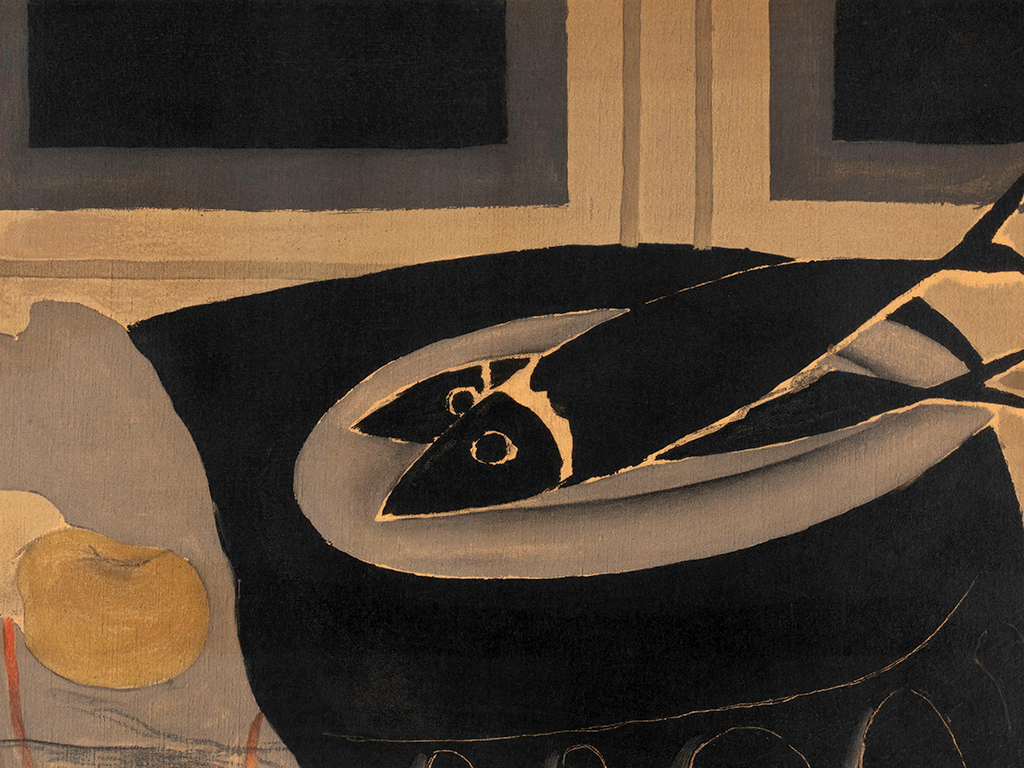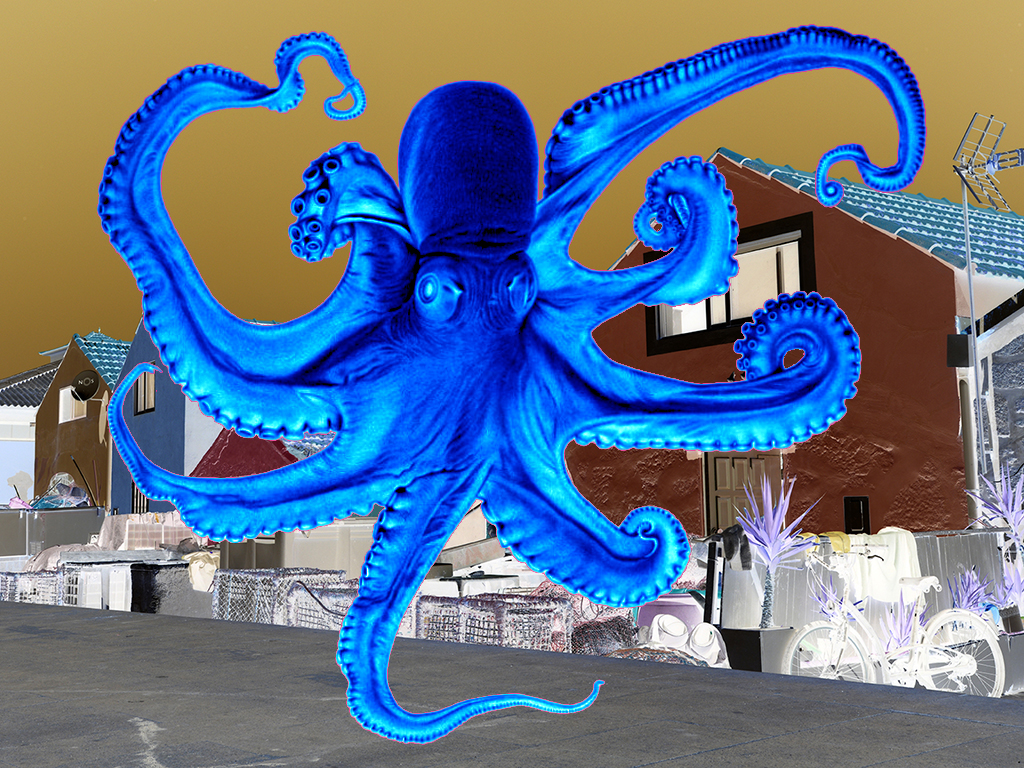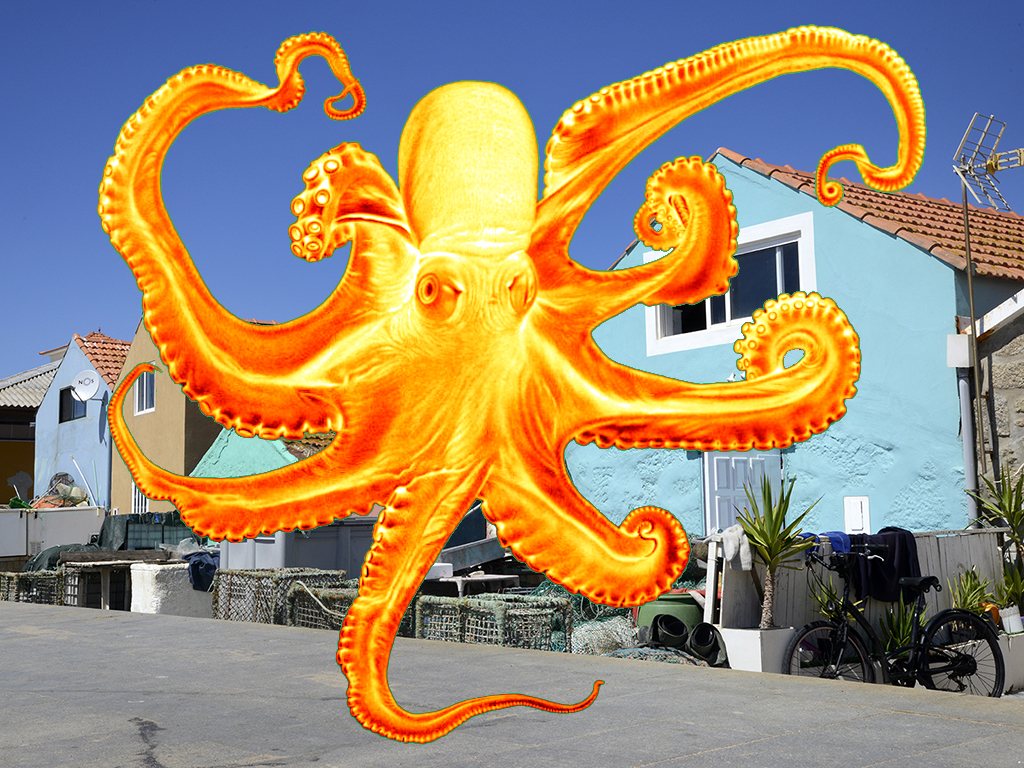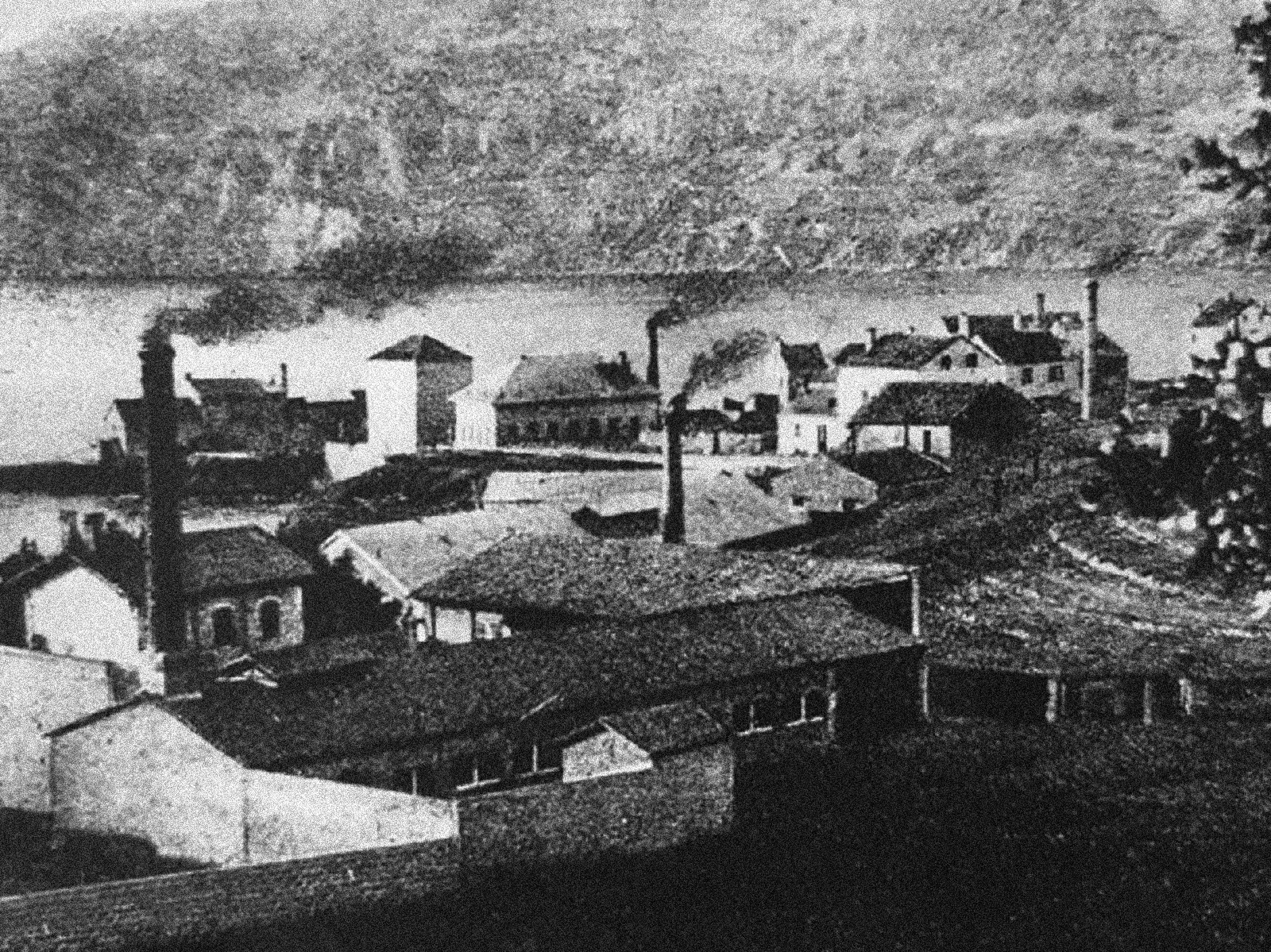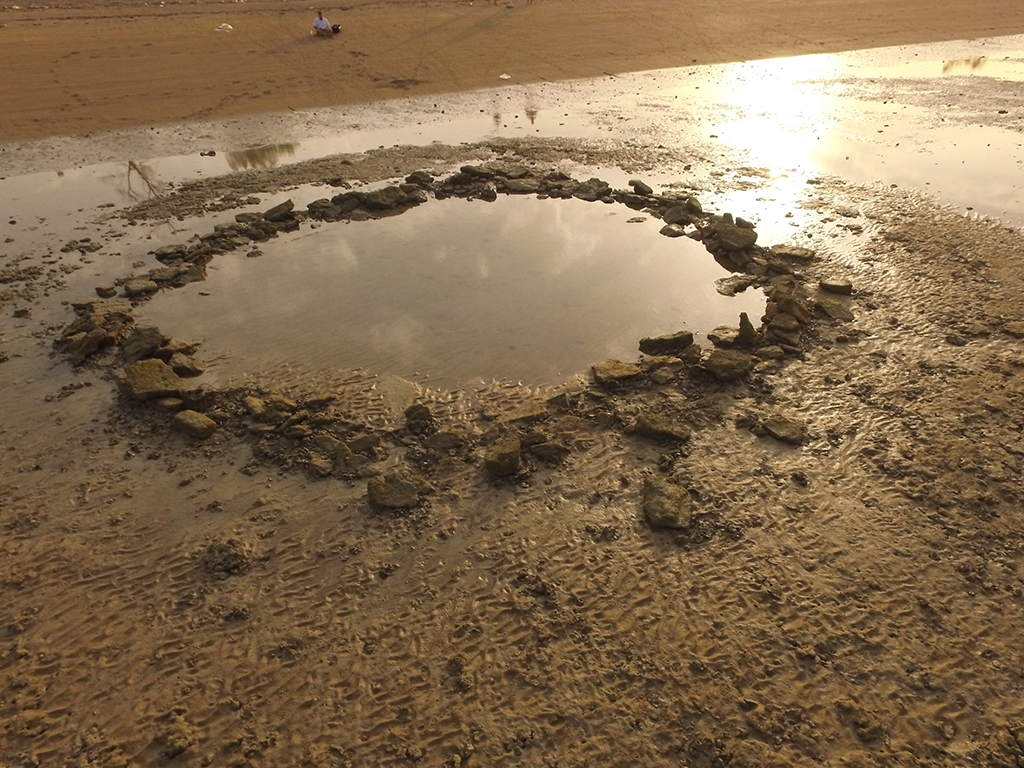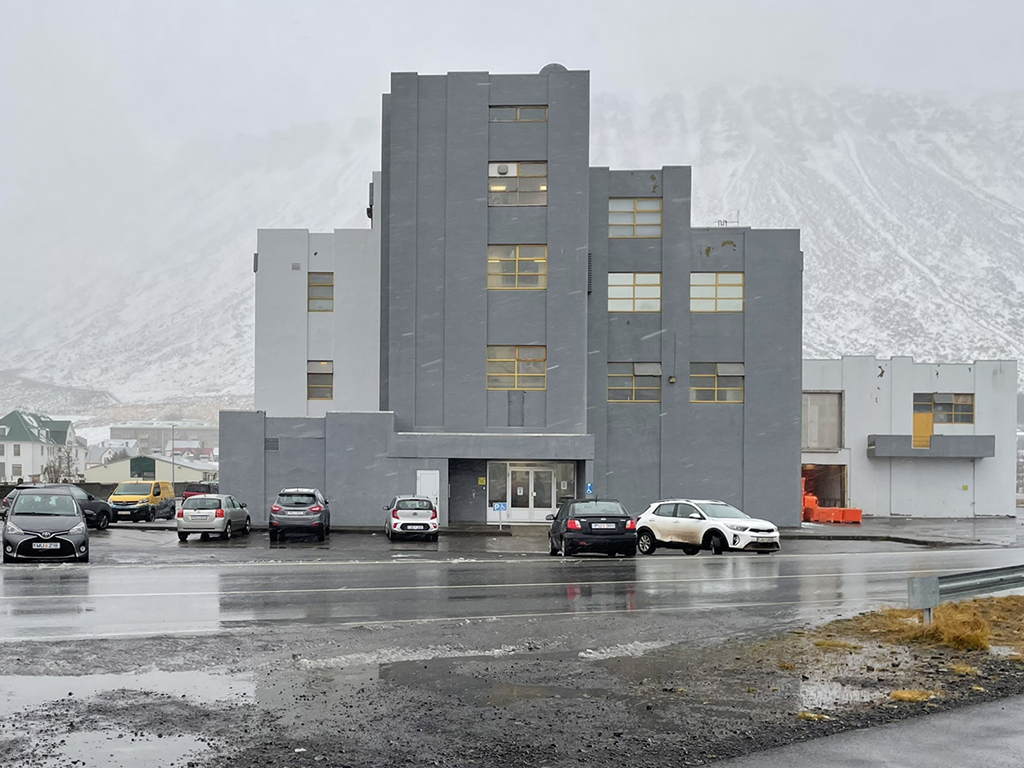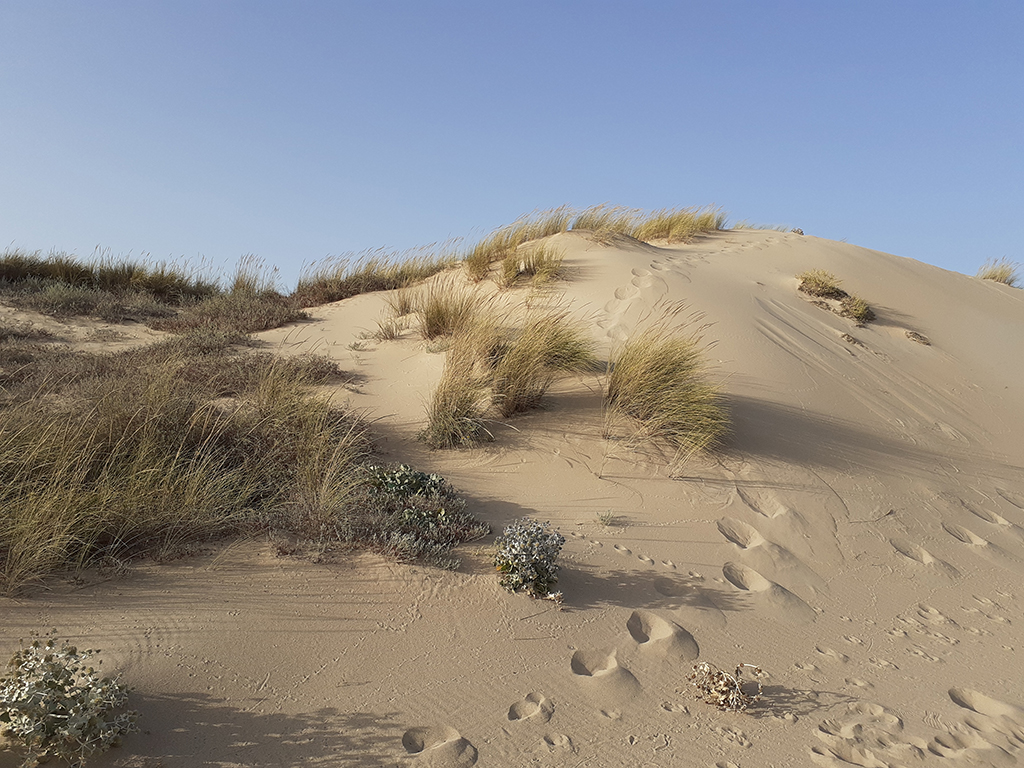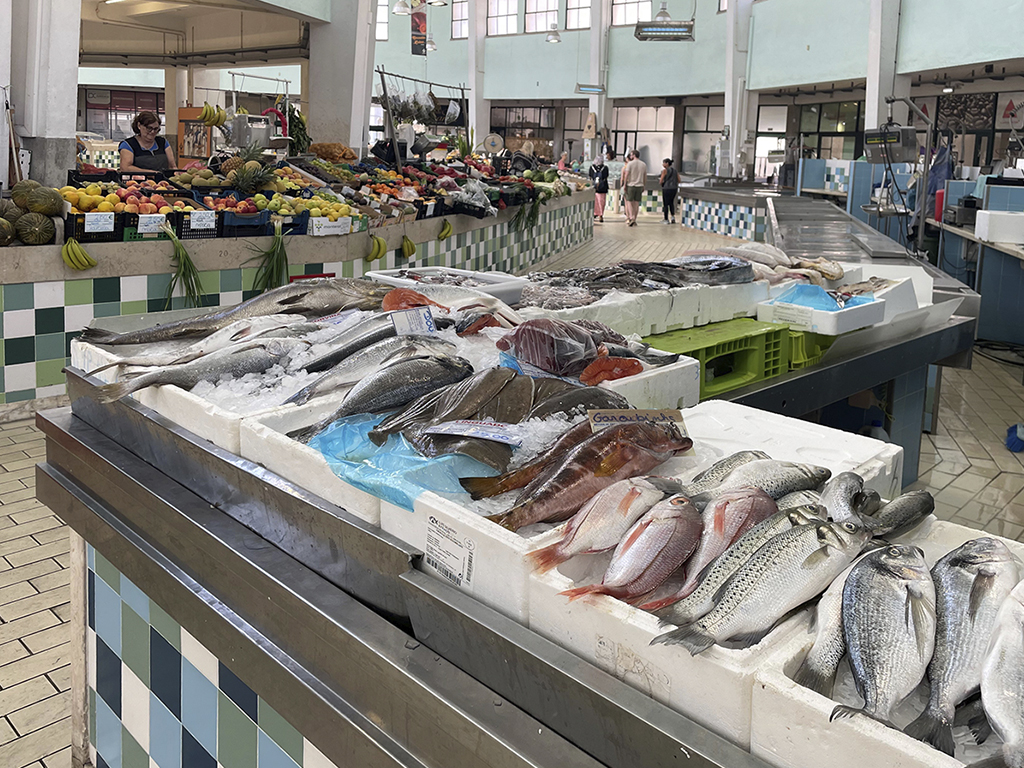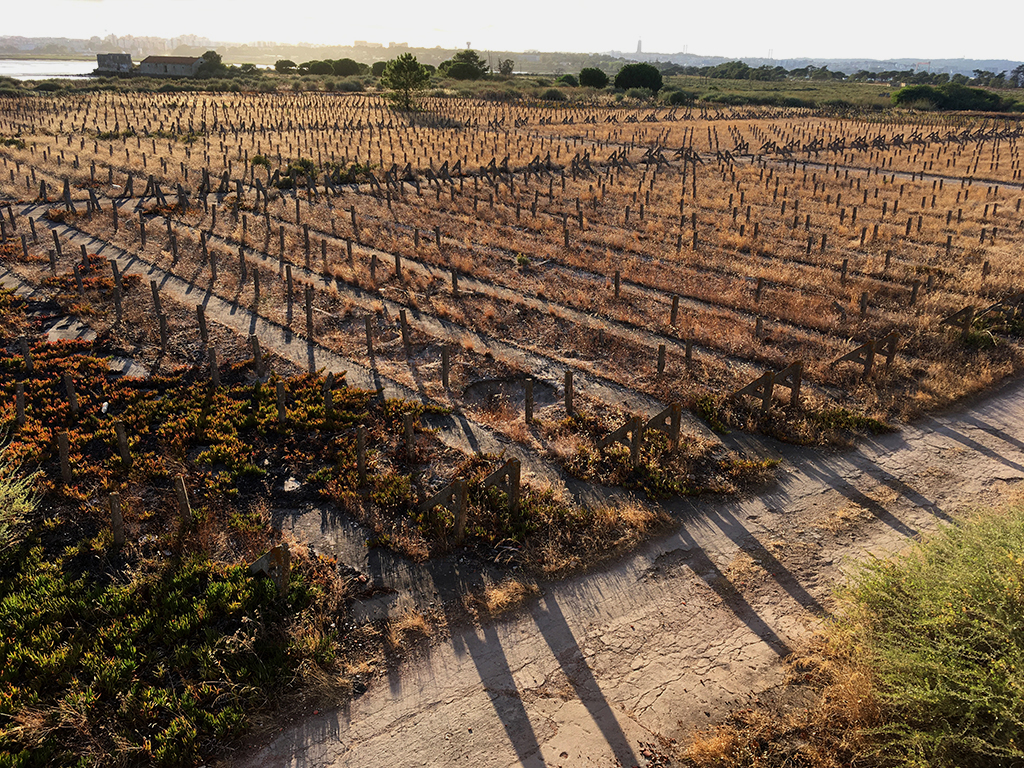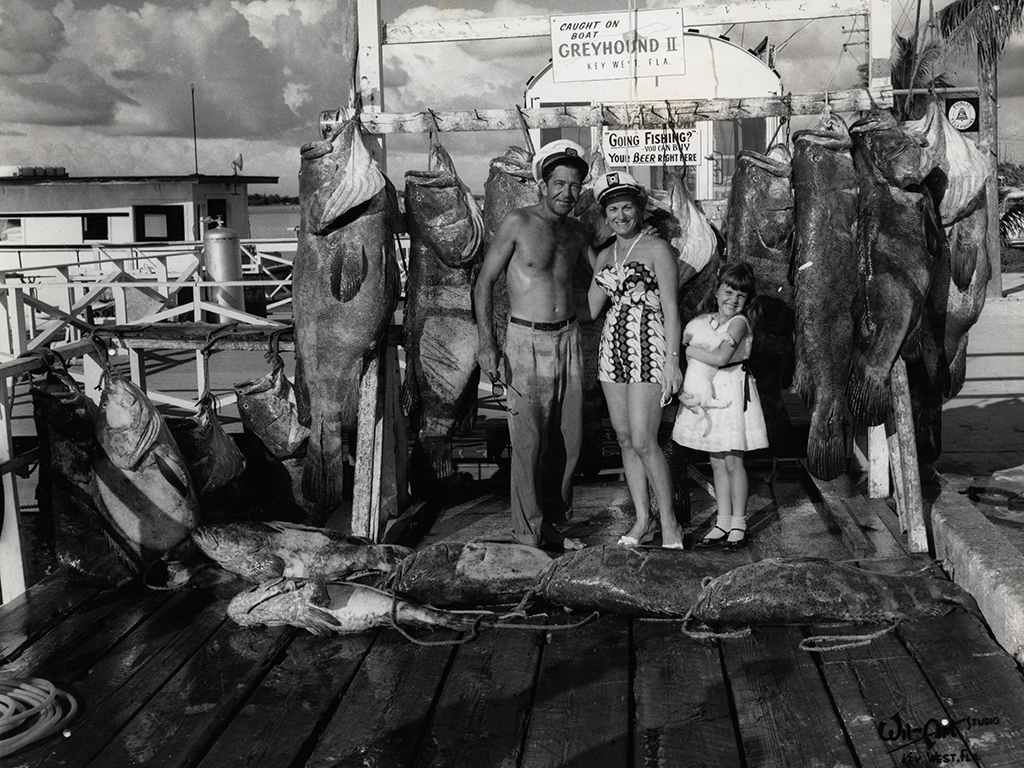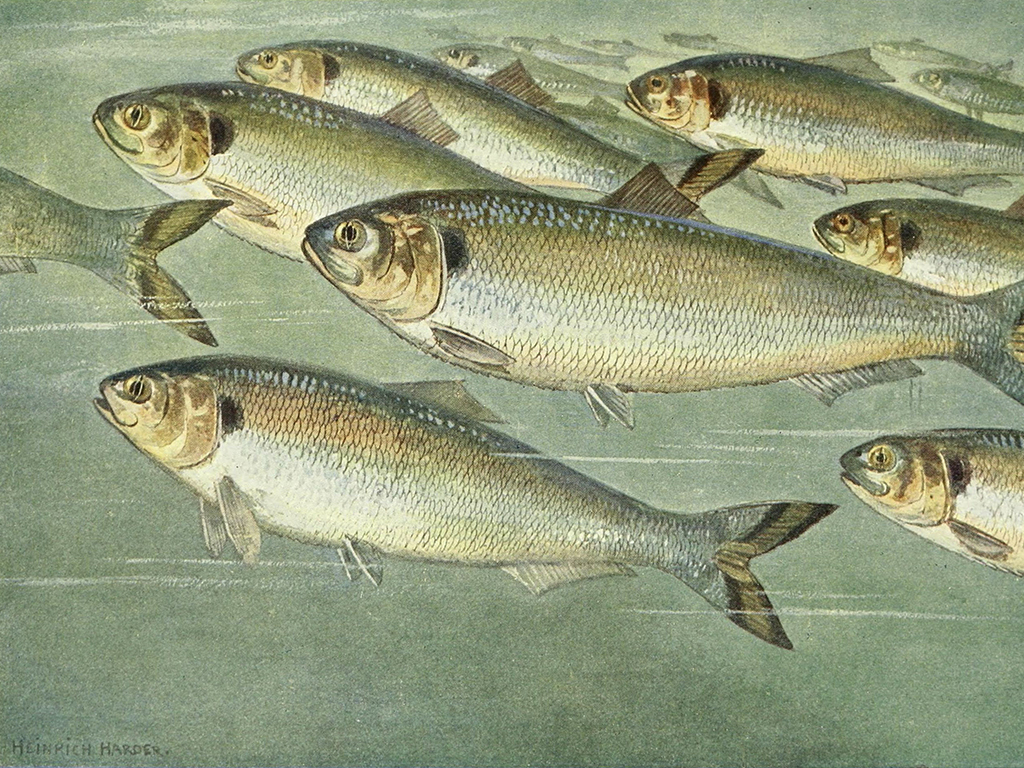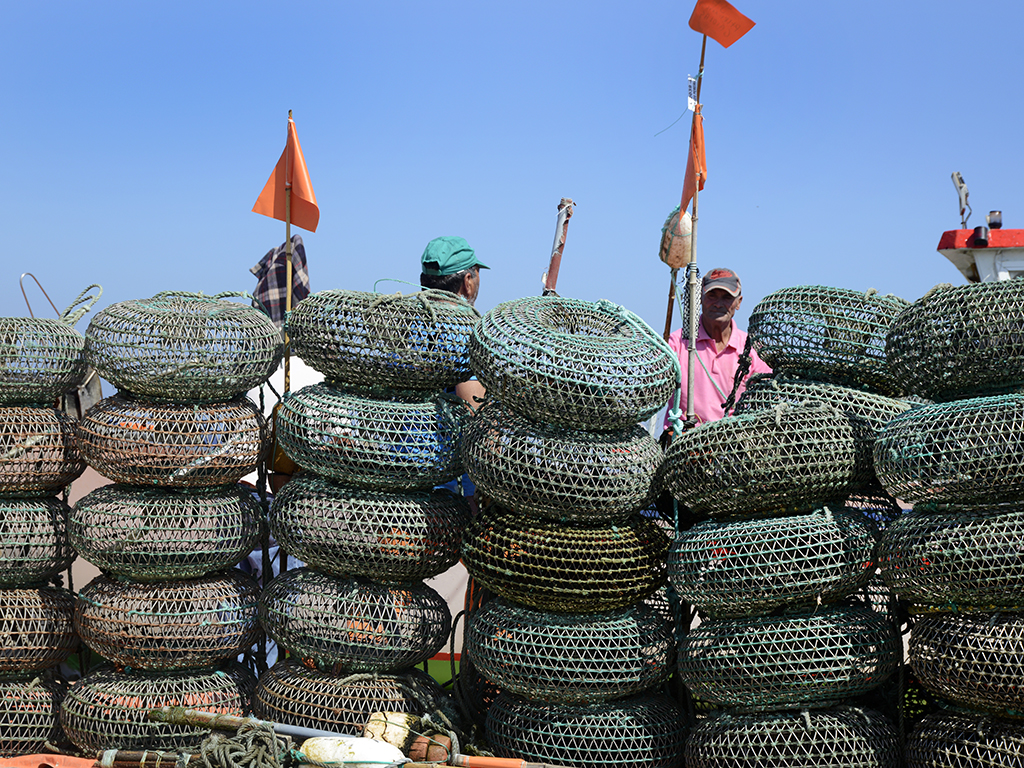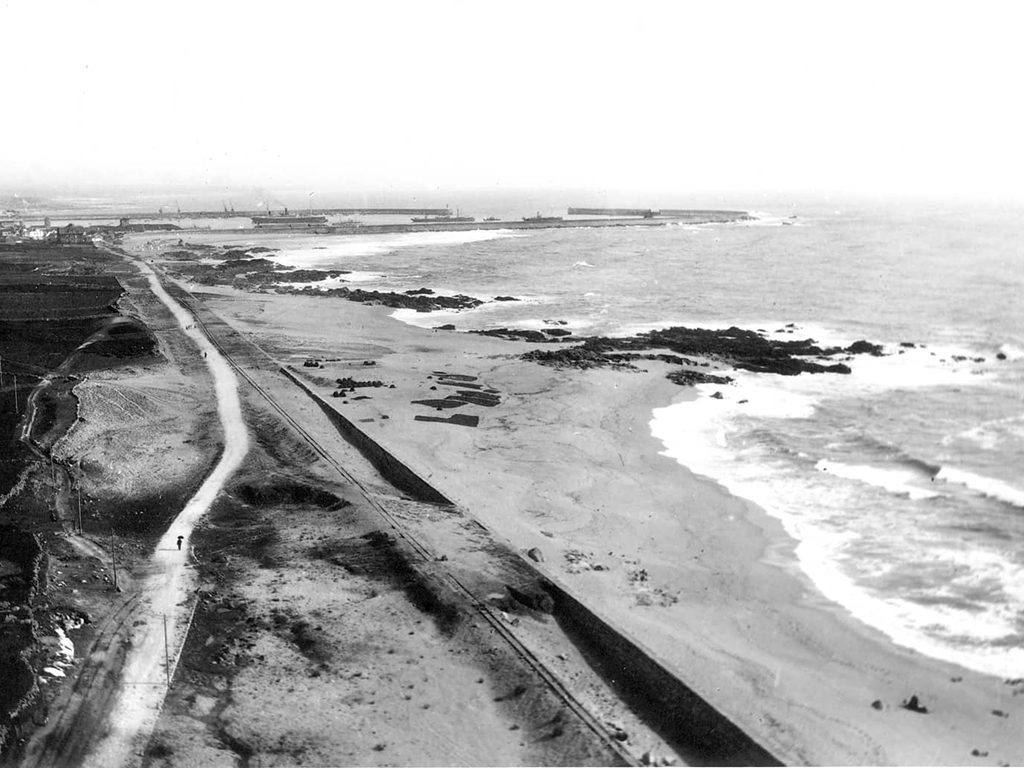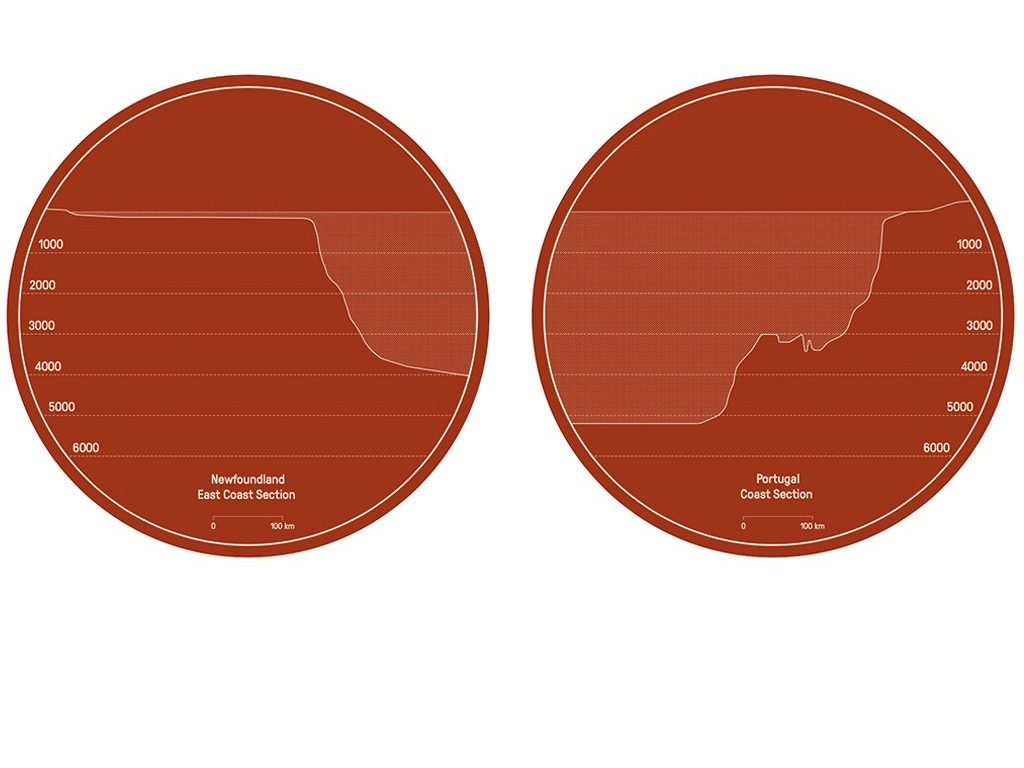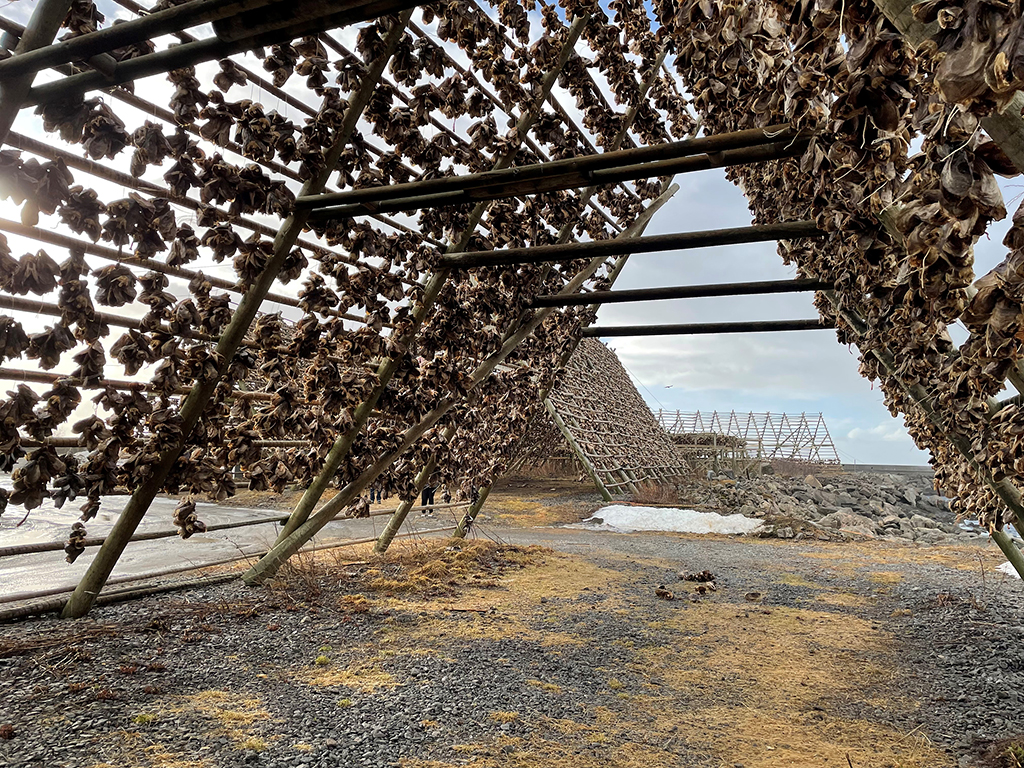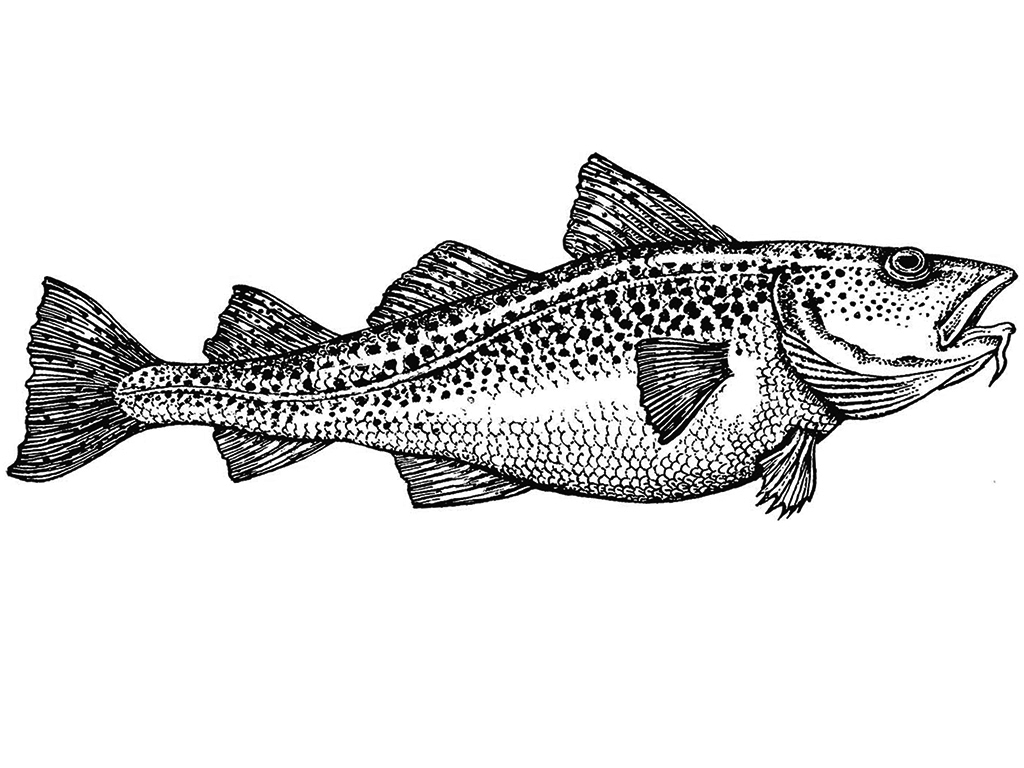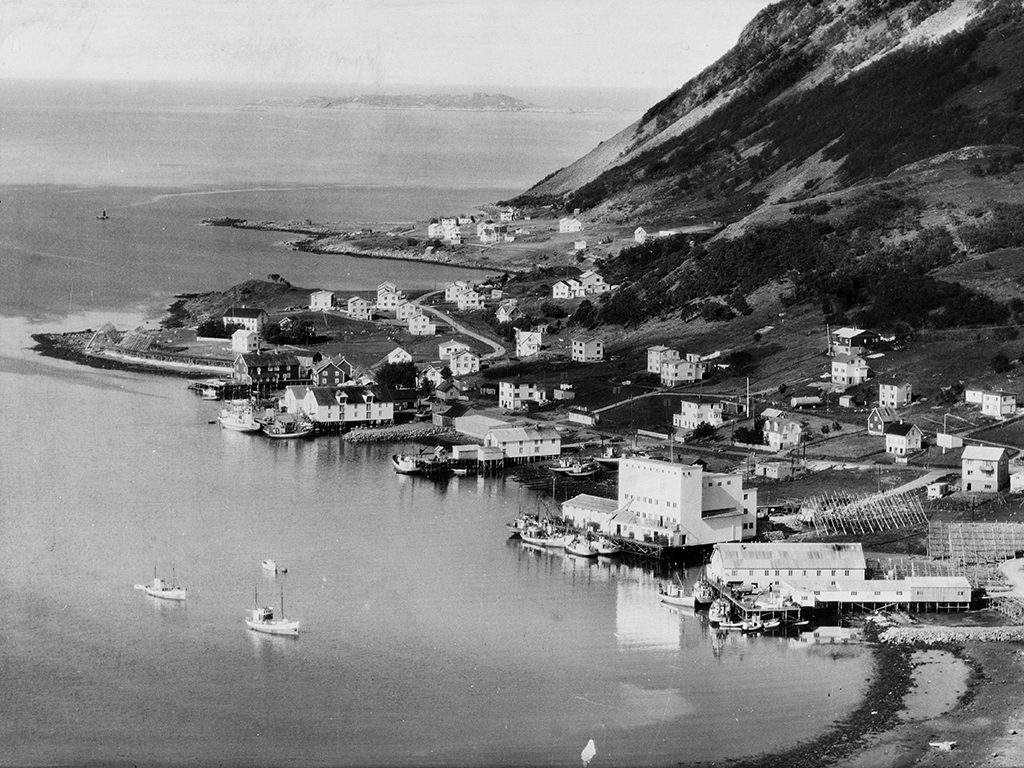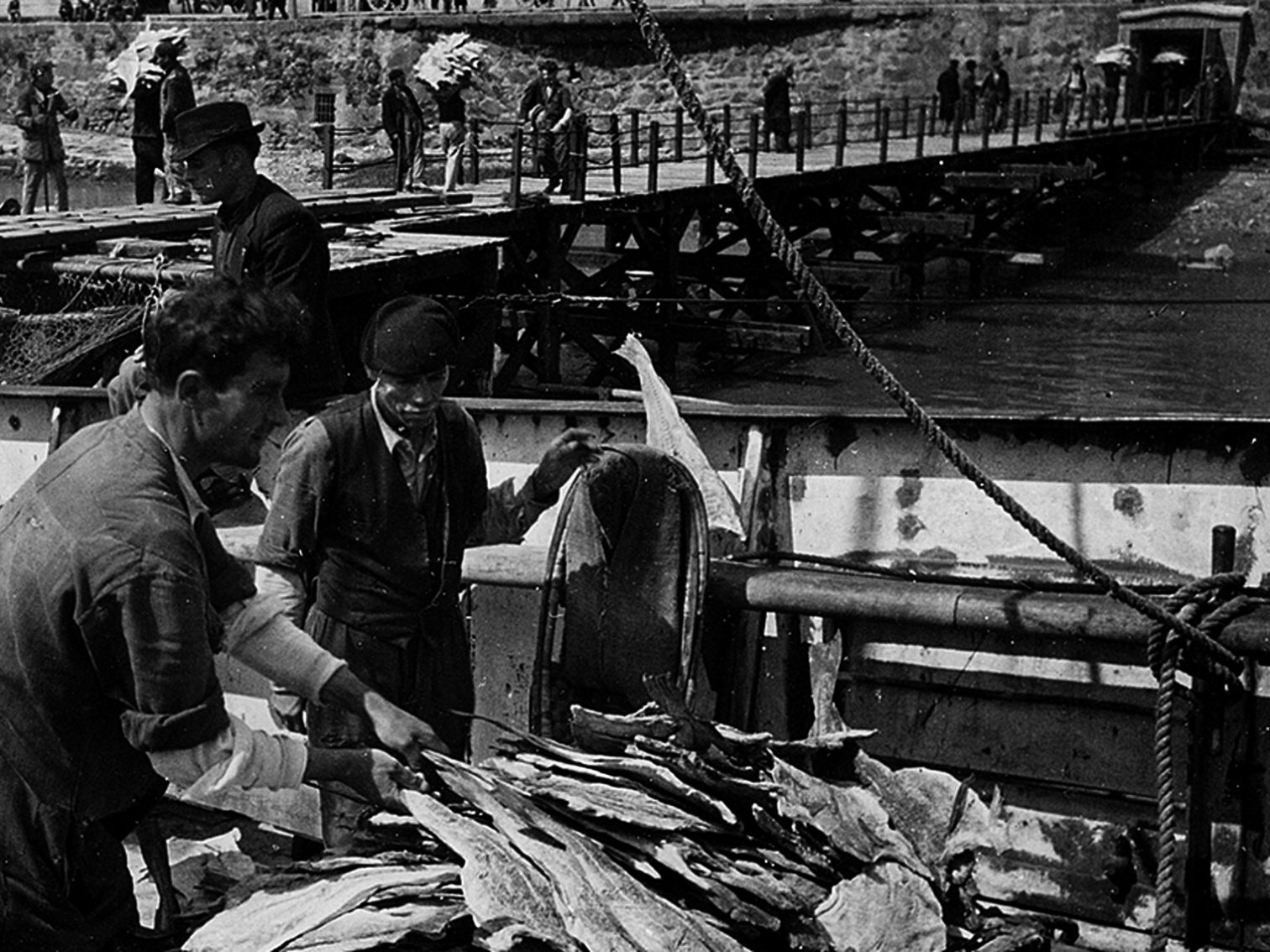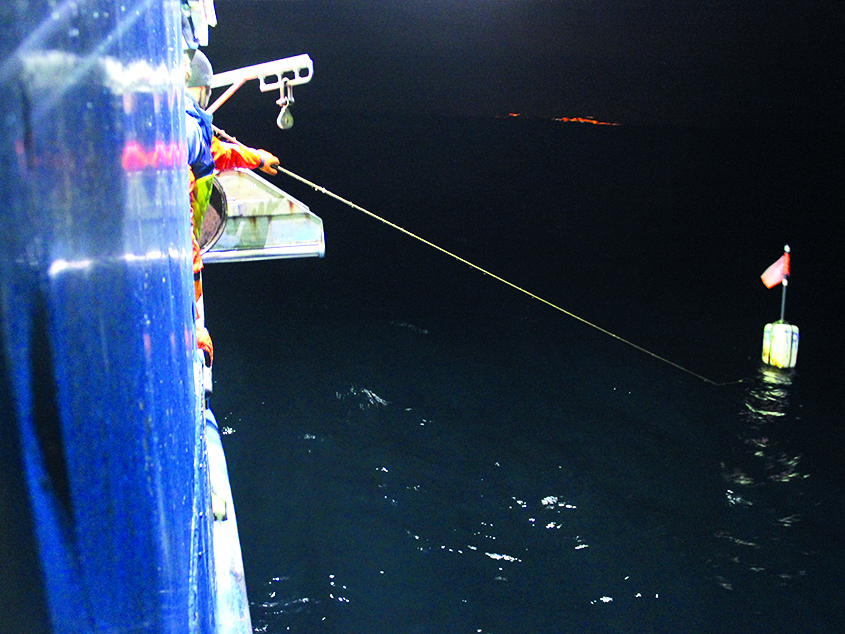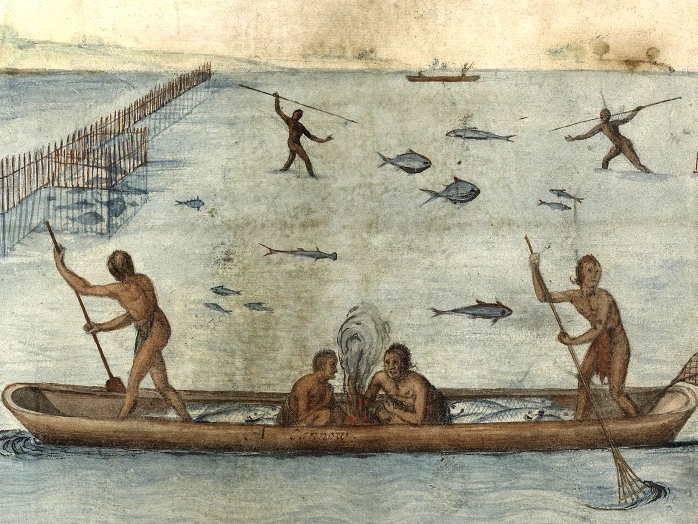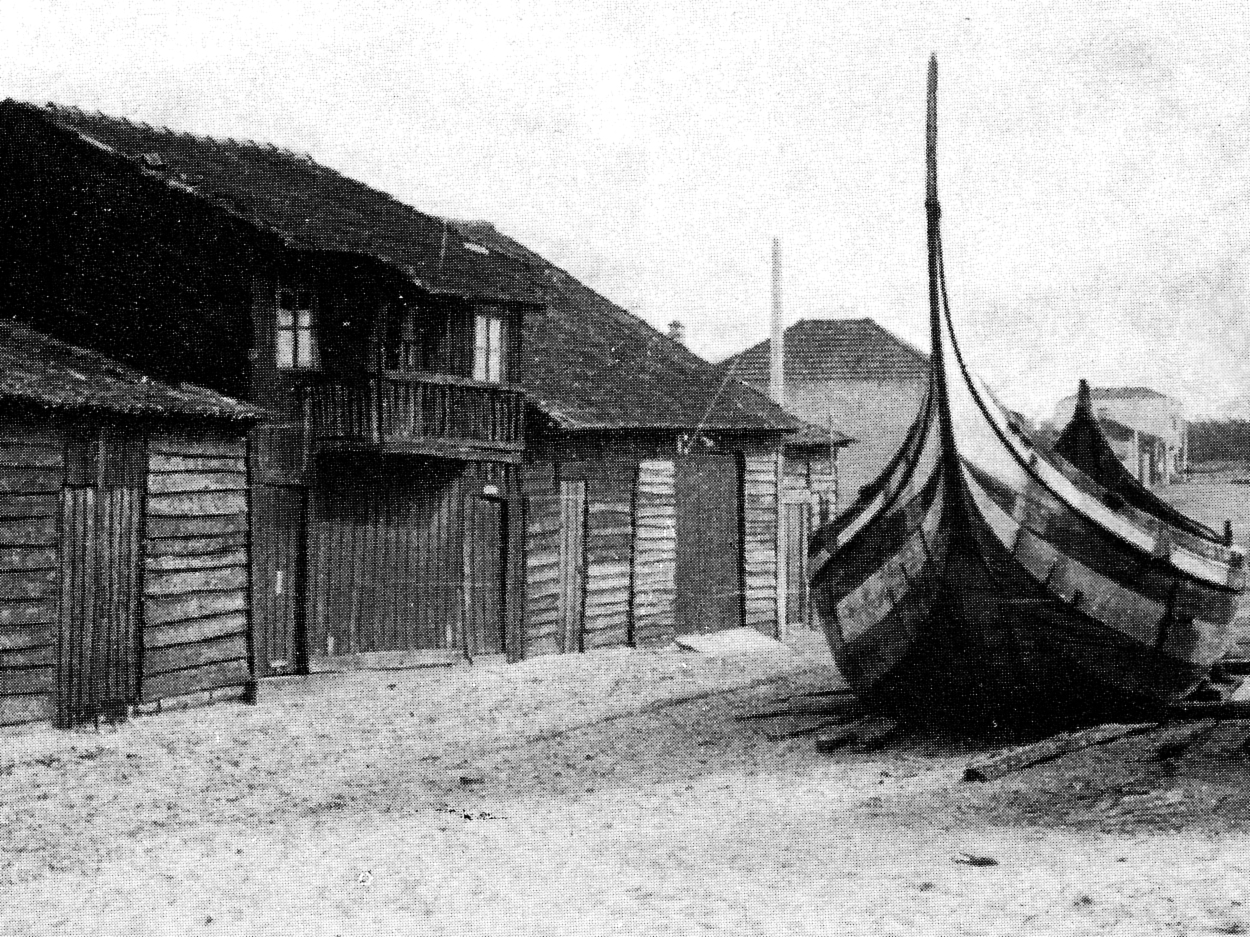Global Trout
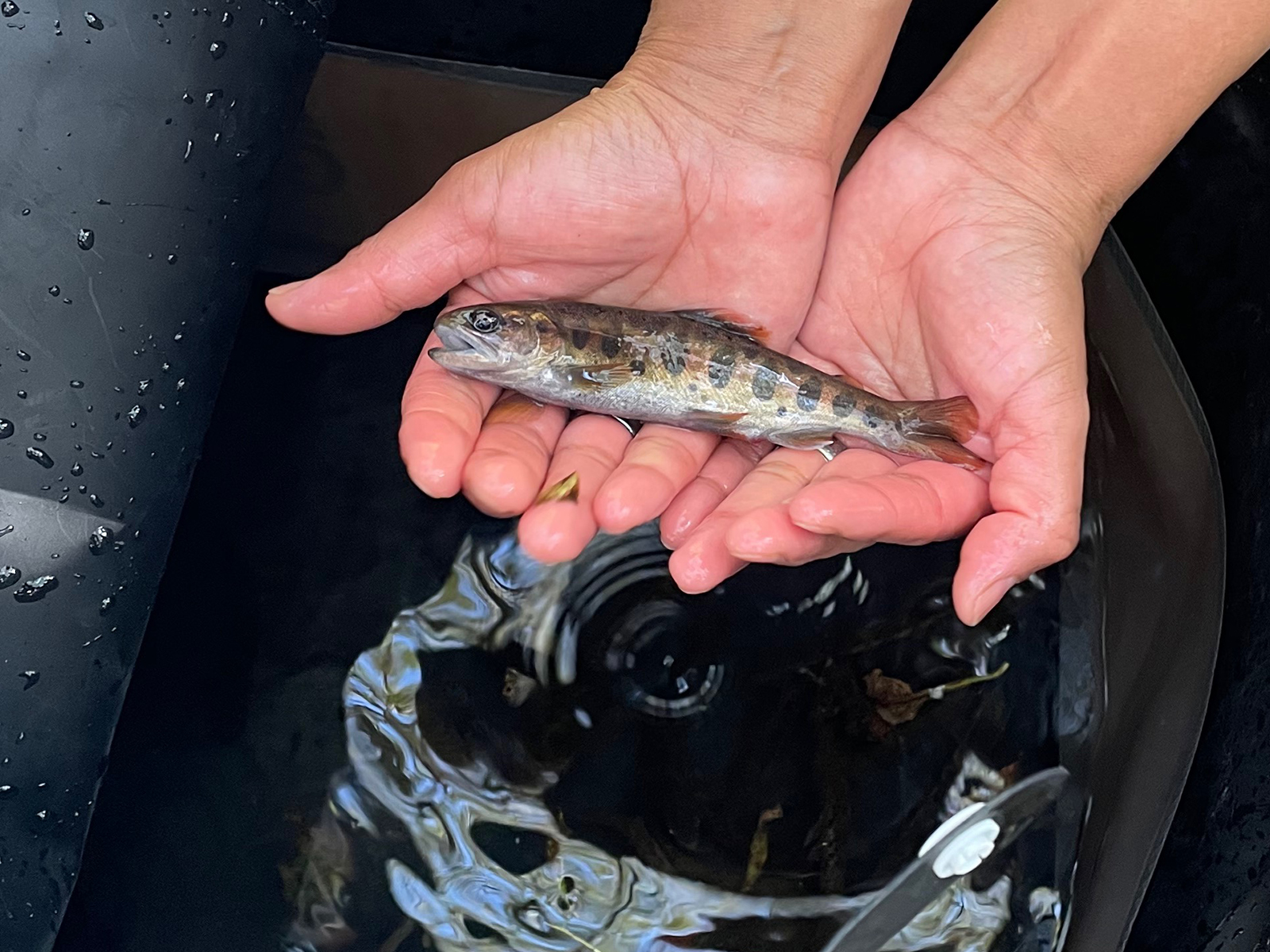
Next Thursday September 26th, by 6.30 pm at the long table room of the Faculty of Architecture of the University of Porto, Knut G. Nustad will present a lecture as part of the Fishing Architecture research project.
The transcontinental colonial introduction of rainbow and brown trout provoked various biosocial dilemmas. This lecture explores how anthropology can use this example to study “global environmental change”. Natural scientists and environmental policy-makers routinely use this term to highlight the fact that we are not dealing with a series of discrete ecological problems, but with deeply interconnected issues. Yet, as anthropologists have been quick to point out, “global” environmental problems are not the same all over the world: thinking in terms of universal problems often homogenizes profound differences. How can we hold on to the particularity of detailed location-based research—a central commitment of anthropology—while also attending to patterns of linked environmental damage across wide areas? The project Global Trout is a case in point. It is a research project addressing these questions by integrating analytical perspectives from political economy, world-systems scholarship, and colonial studies with those that draw attention to concrete interactions between species, such as multispecies ethnography.
Knut G. Nustad is Professor of Anthropology at the University of Oslo. He has published widely on political and environmental anthropology, mostly with a focus on South Africa. In 2019, together with Heather Swanson at Aarhus University, he launched Global Trout, a three-year research project funded by the Norwegian Research Council to investigate environmental change with more-than-human world systems. Nustad’s publications include Creating Africas: Struggles over Nature Conservation and Land (Hurst, 2015), the co-edited State Formation: Anthropological Perspectives (Pluto Press, 2005), and Anthropos and the Material (Duke UP, 2019).
26th September 2024, 6.30pm
At the long table room of Faculty of Architecture of the University of Porto. Via Panorâmica Edgar Cardoso 215, 4150-564 Porto
Informations: fish@arq.up.pt
